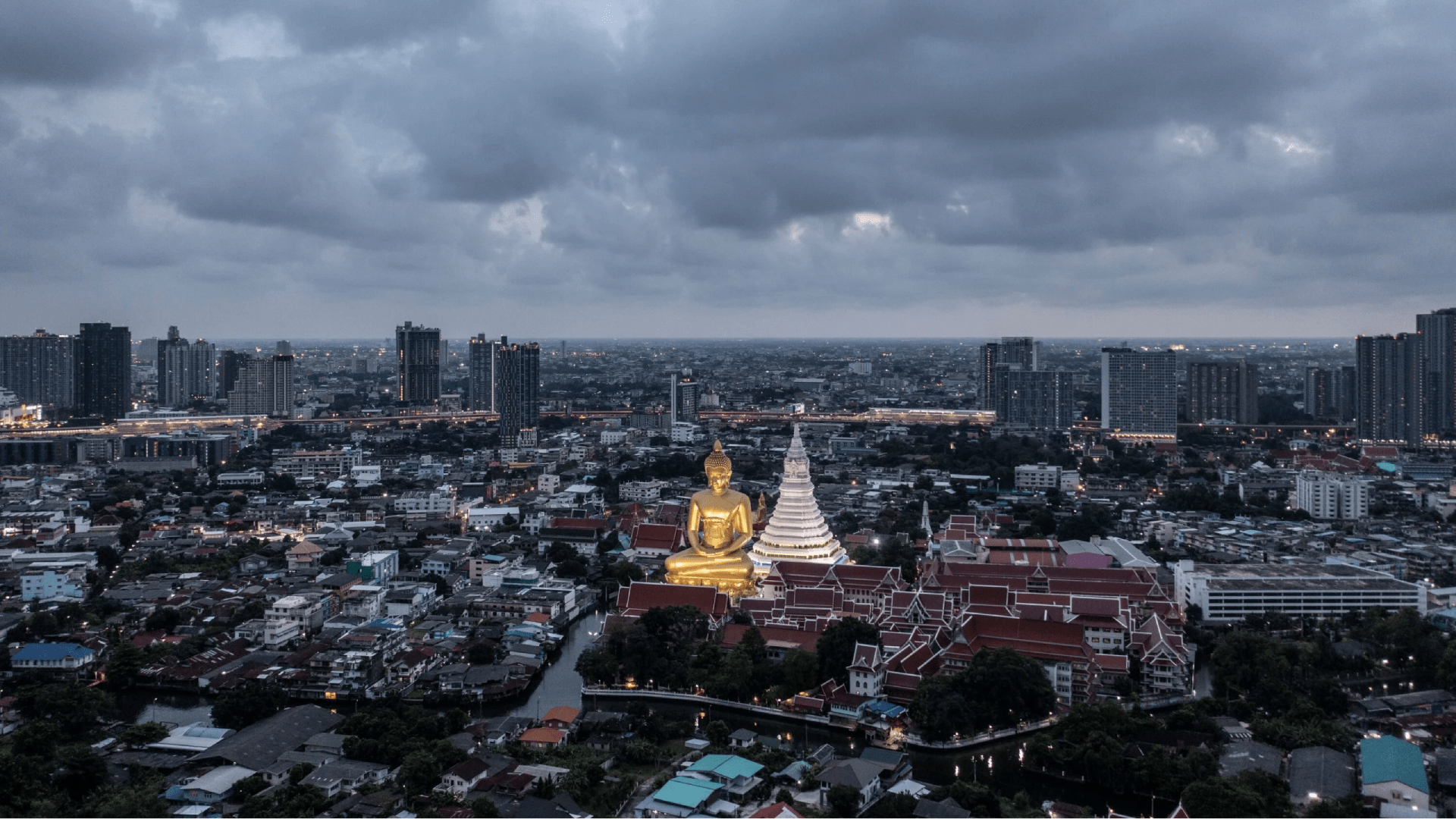
Thailand is moving closer to legalizing casino gaming, and if this occurs, the market could generate over $15 billion in annual gross gaming revenue (GGR) once fully established.
According to CLSA, the Thai casino market is projected to grow to $15.1 billion in annual GGR in the long run. If that prediction is realized, Thailand would become the world's third-largest gaming jurisdiction, following Macau and Nevada. Regarding visitation, CLSA observes that gaming venues in Thailand compete with those in Singapore.
"We consider Singapore a good proxy for Thailand due to similarities in geography, visitor mix and overall appeal as a travel destination,” according to the brokerage firm.
Similar to Singapore, Thailand has historically been a popular site for Chinese travelers — a position that may improve with the introduction of casinos. If the Southeast Asian country includes regulated gaming establishments, the average yearly expenditure per visitor might increase to $386, similar to the amount tourists spend each year in Singapore, as per CLSA.
In Thailand, Increasing Comparisons to Singapore Casinos
Thailand is presently working to expedite the authorization of entertainment zones, which would encompass gaming establishments. Prime Minister Srettha Thavisin is said to be urging policymakers and the Ministry of Finance to accelerate efforts so that the initial casinos in the nation might launch before the anticipated 2030 opening of MGM Osaka.
In the past, some analysts suggested that Thailand's gaming regulations might not attract major US operators like Las Vegas Sands, MGM Resorts International, and Wynn Resorts, yet the proposed tax rate of 17% could be too tempting to pass up.
If that percentage is applied to GGR in the country, it could suggest EBITDA margins of 40% or higher. CLSA observed that this is similar to the margins produced by Marina Bay Sands and Resorts World Sentosa — Singapore’s two integrated resorts.
Based on 40% EBITDA margins, it suggests $805 million in EBITDA for each entertainment complex with a gaming venue, indicating that a return on invested capital of almost 24% could be achievable over a four-year ramp-up period, according to the research firm.
Although Chinese travelers frequently visit Thailand, CLSA anticipates that Macau's geographic benefits will allow it to stay robust against emerging competition in Southeast Asia.
"Macau will likely remain resilient considering its close proximity to China and much shorter length of stay than Thailand (different purposes of travelling),” concluded the research firm. “The key issue for Macau is still the lack of new land and hotel supply, rather than insufficient demand.”
CLSA noted that India will be a significant contributor to international travel to Thailand. At present, there are about 400 weekly flights operating from Delhi to Bangkok. The duration of the flight from Bangalore to Bangkok is two hours and 10 minutes, while it takes three hours and 35 minutes to fly from Beijing to Macau.